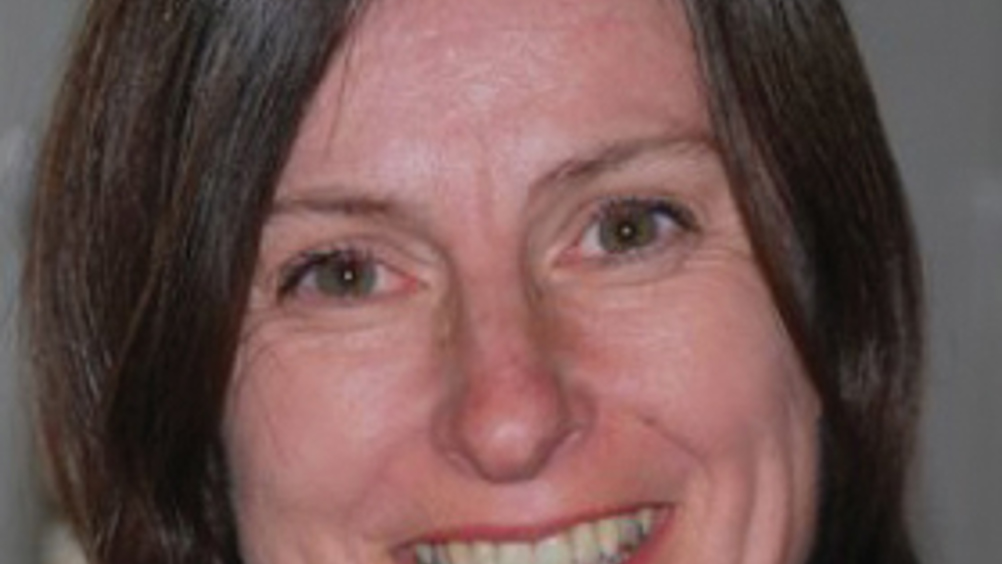Learning from Louise

I am sure you have all heard by now of the tragic death of Louise O'Dwyer. Louise was a well known figure in the veterinary world and news of her death has touched the hearts of veterinary nurses worldwide.
I first met Louise in 2011. Soon after we launched The Veterinary Nurse Louise contacted me and said she wanted to get involved with the journal. We met and I was impressed, and asked Louise to join the Editorial Board. Soon after that she wrote her first article for us: Options for skin coverage: reconstruction and skin grafts. The first of many.
Louise was a lively and intelligent individual, she had a huge amount of energy, as anyone who heard her speak will know; she spoke on numerous occasions at our workshops, and with such passion. I remember her showing us images of gunshot wounds in unfortunate animals that she'd treated while working in Manchester — but the unfortunate became the fortunate when they were nursed by Louise. Her images showed how after weeks and weeks of her attentive care the animals made an incredible recovery.
Register now to continue reading
Thank you for visiting The Veterinary Nurse and reading some of our peer-reviewed content for veterinary professionals. To continue reading this article, please register today.

